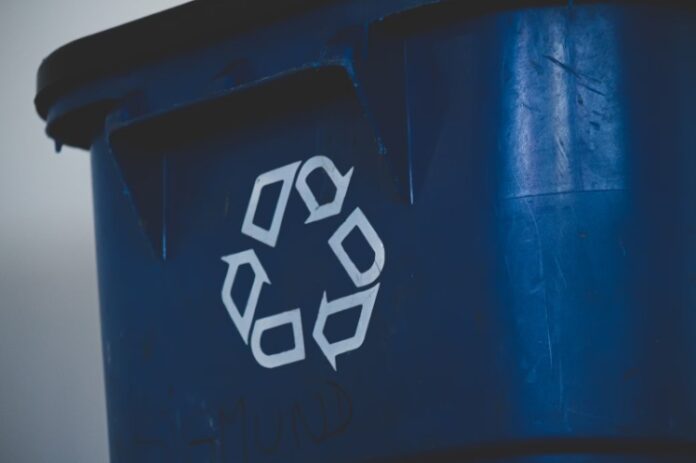Many customers now expect the businesses they buy goods and services from to promote sustainability and reduce waste. Although many companies have now answered the call, that doesn’t mean all have.
If you know you could be doing better to benefit your customers and the environment, take some of these meaningful actions below:
Give Up Your Physical Office
You may be surprised by how much less waste your business produces and how much money you can save when you give up your physical office and book a virtual office. Your employees no longer have to put fuel in their cars to get to the office or buy takeaway coffees on the journey. Instead, they can work from the comfort of their own homes and use their own reusable resources.
You also don’t have to worry about buying office products and consumables that often end up in the trash.
Purchase Electric Fleet Vehicles
Electric vehicles are becoming more commonplace in Australia. Thousands are in operation with private and commercial owners. If you haven’t yet explored electric cars for your business, now might be the right time to start so you can promote sustainability and eco-friendliness.
You may be eligible for desirable deals, grants, and discounts when you purchase multiple vehicles. You could even qualify for vehicle charger grants. In the Northern Territory, the EV Charger Grants Scheme provides grants of up to $2,500 for businesses to buy and install EV chargers.
Explore Energy Efficiency Options
If not for money savings, review your energy use for the environment. You might be surprised by how much less energy you can use by switching to more eco-friendly products. For example, you can replace incandescent bulbs with more energy-efficient LED ones. You can even optimise your office’s heating and cooling by installing programmable thermostats.
There are also countless other ways businesses can reduce their energy use, such as using more natural light, minimising artificial lighting, investing in solar systems, and maintaining HVAC systems.
Create a Waste Reduction Plan
If your business makes products or performs services involving the use of materials, consider whether you’re producing more waste than necessary. Conduct a waste audit to identify where your waste is coming from and the type your business makes the most of.
Once you have this information, you can set reduction targets and educate your employees on meeting them.
Join Recycling Programs
If your business produces a great deal of waste, start researching recycling programs to give leftovers and waste materials a new lease on life. You can then provide bins for paper, plastics, metal, glass, and other materials and work with recycling companies to save them from landfills.
Reduce Single-Use Items
There’s no denying that single-use items are convenient. You don’t have to worry about cleaning them for reuse. Instead, you can throw them in the trash. However, single-use items are bad for the environment. According to CNN, the world is producing a record amount of single-use plastic waste, despite efforts to reduce plastic pollution.
There are many ways to reduce single-use item usage in business. You can avoid over-packaging your products, create a plastics policy, and shift to compostable packaging. You can also buy more products that you clean and reuse.
Reducing waste and promoting sustainability doesn’t have to be an overwhelming or expensive adjustment for businesses. It can require a few minor changes over time, like switching to remote work styles, creating waste reduction plans, and reviewing your energy efficiency. Before long, you may be answering your customers’ call for a more sustainable and eco-friendly business.

